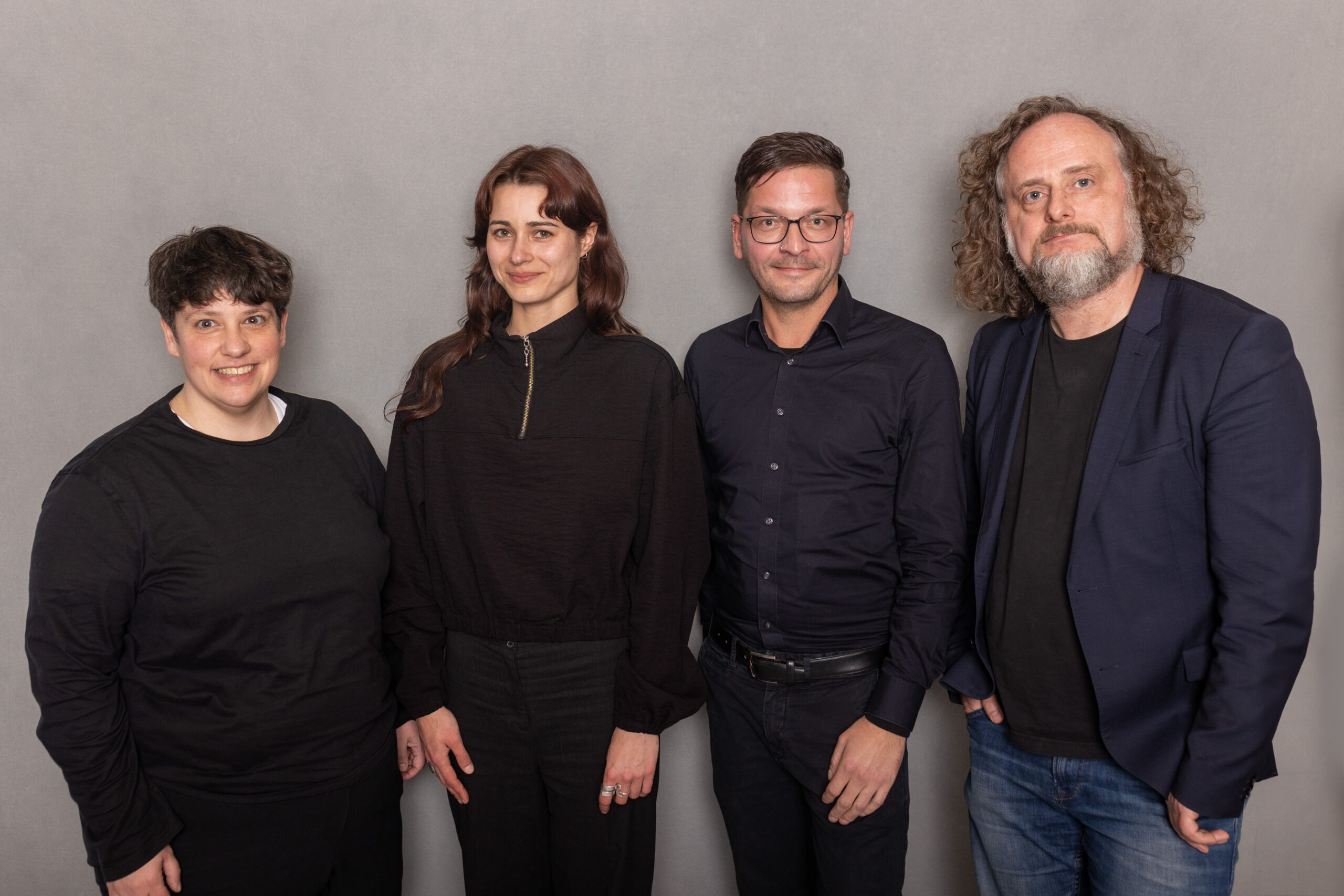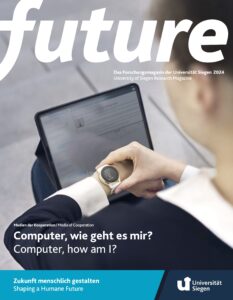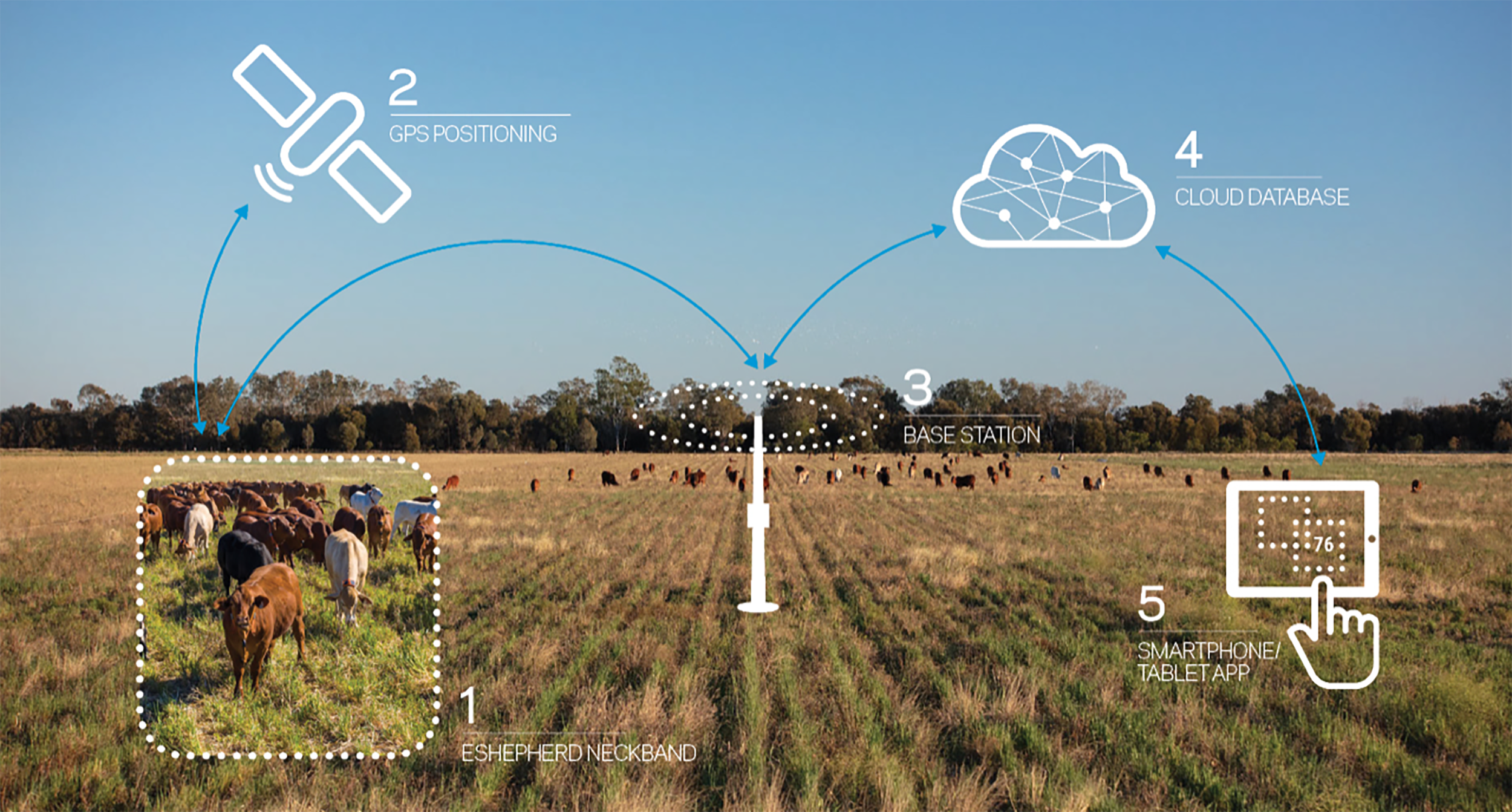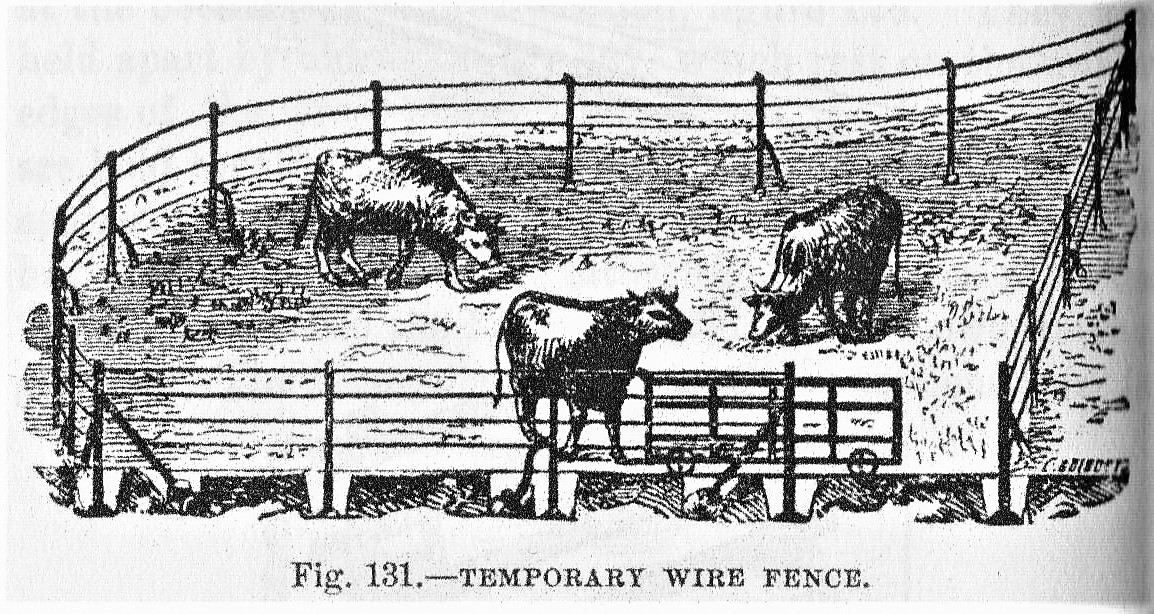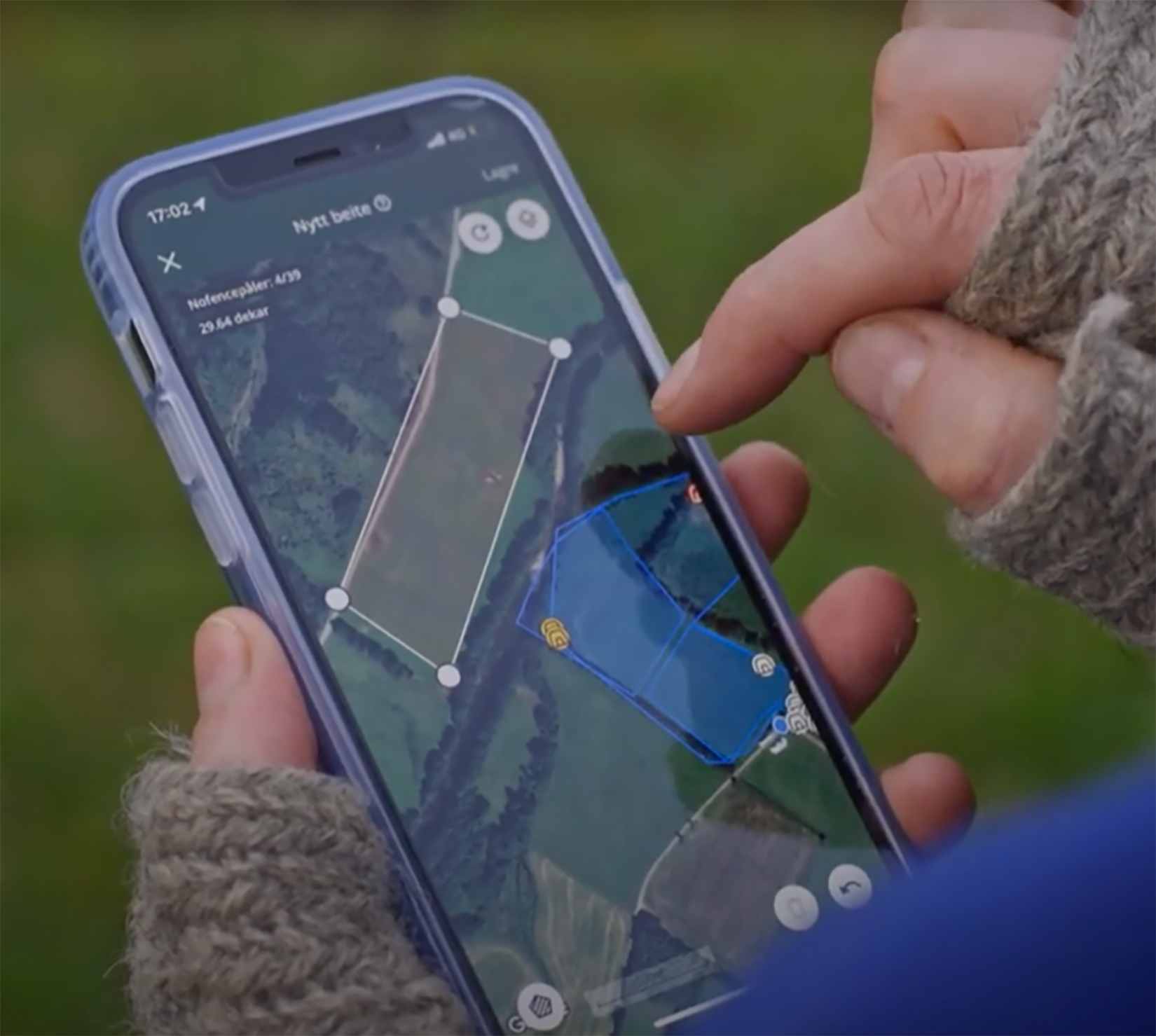SFB dissertations honoured with the Dirlmeier Foundation Prize
Christoph Borbach (University Siegen) And Sarah Rüller (University Siegen)
We congratulate our members on being awarded the Dirlmeier Foundation Prize for their outstanding research work.
→ to the complete press release of the University of Siegen (only in German)
About the award ceremony
Recognising the achievements of young researchers is an essential concern for the University of Siegen. Several university prizes were awarded in a festive setting in November and February. In addition to the Dirlmeier Foundation’s sponsorship award to SFB members Christoph Borbach and Sarah Rüller, other graduates were honoured by the University of Siegen, the Olpe district, the Chamber of Industry and Commerce and the DAAD for their outstanding work and extraordinary commitment. The award winners came together with their families and friends, the award-giving institutions and the laudatory speakers at the new Student Service Centre in Siegen city centre.
‘Promoting young academics is a central component of the University of Siegen. I am delighted that we are able to honour outstanding work and young people for their commitment, interest and professional achievements,’ said University Rector Prof. Dr Stefanie Reese.
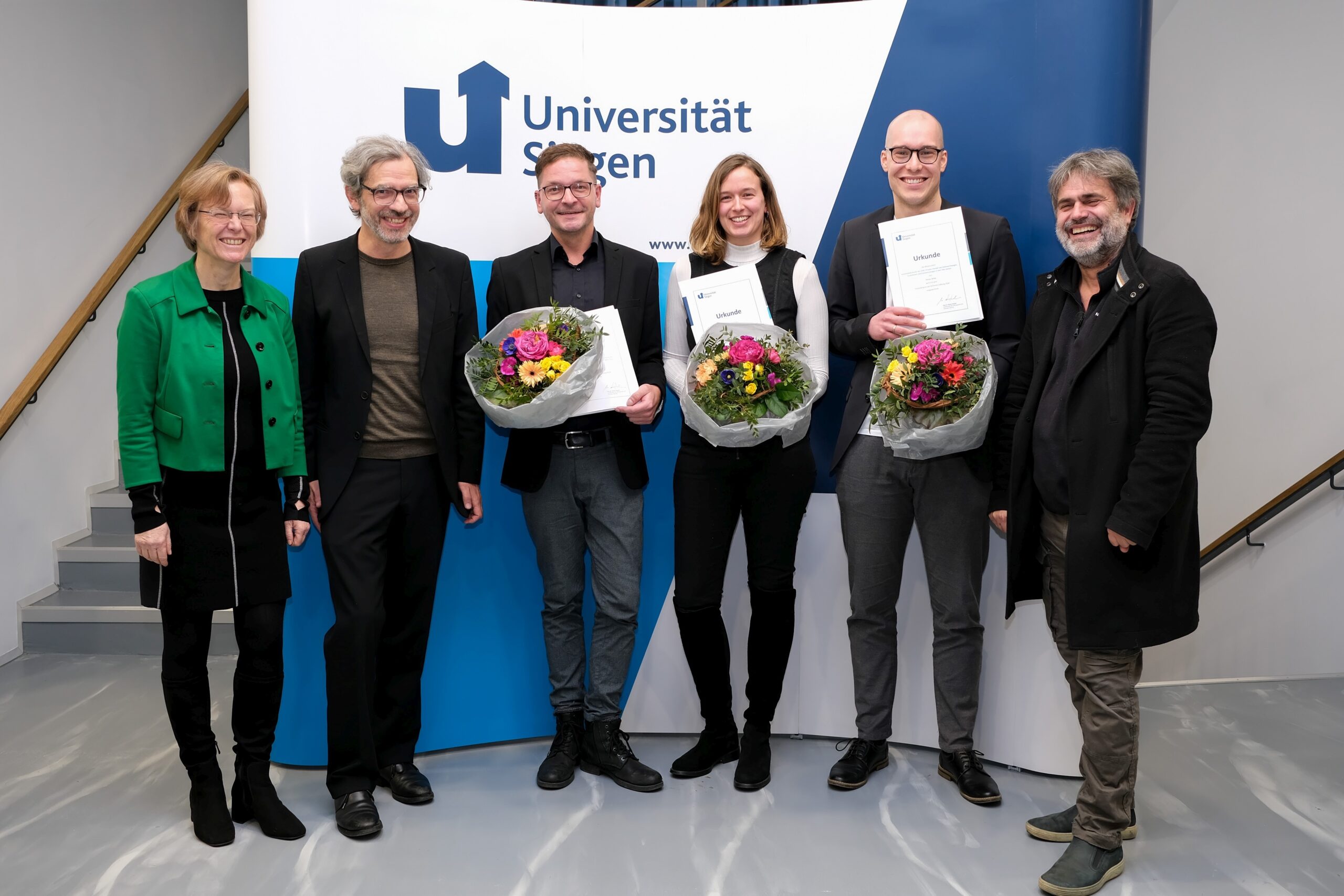
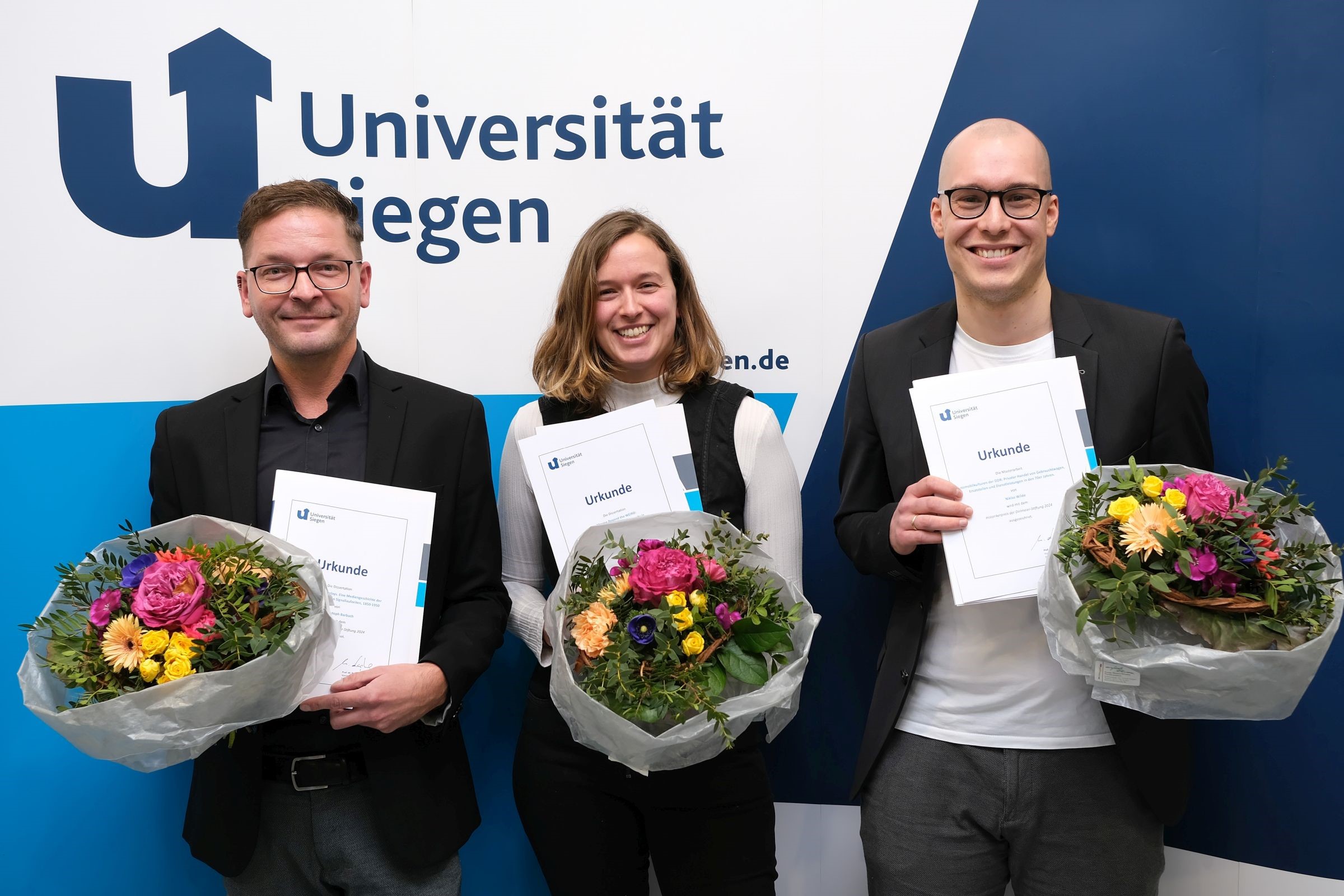
About the dissertations
Christoph Borbach: Delay – Media Histories, 1850-1950
→ available here (only in German)
In his dissertation Christoph Borbach examines delay, the propagation time of signals. Delay can be understood as a volatile actor with its own media history. Delay-based media such as sonography, sonar or radar have far-reaching implications for current media cultures. Historically, however, the datafication of environments and bodies as a function of transmission times first had to prove itself in practice. Christoph Borbach presents nine case studies of the early temporalization of spaces and bodies in contexts such as medicine, the postal service, the military, and computer technology. In doing so, he innovatively sheds light on the history of media, culture, knowledge, and practice of the actor delay—from the first media of remote sensing in the 19th century to infrastructures of processing big data in real time.
Sarah Rüller: Moving Beyond the WEIRD: Lessons from an Amazigh Community in Shaping Pluralistic Digital Futures
In her dissertation Sarah Rüller critically examines the complexities of conducting Western digital research in non-Western contexts through an ethnographic case study in the High Atlas Mountains of Morocco. The study highlights challenges related to postcolonial power structures, extractivism, and the impact of technocapitalism, challenging dominant frameworks of development and sustainability. By exploring the intersection of digital technologies, literacy, and community participation, the research argues for a shift from ICT4D (Information and Communication Technologies for Development) to ICT4R (Information and Communication Technologies for Recovery).
Through a participatory approach that integrates co-design, speculative design, and storytelling, the dissertation examines how local communities engage with digital infrastructures and navigate the tensions between digital inclusion, authenticity, and external exploitation. The study critically reflects on the role of human computer interaction (HCI) and design research in promoting ethically grounded, situated, and plural knowledge production. It also calls for a re-evaluation of academic research practices and urges a move towards more sustainable and community-driven methodologies. By advocating for multiliteracies and alternative epistemologies, the thesis contributes to shaping inclusive digital futures that respect local knowledge, agency, and cultural diversity.
About the researchers
Christoph Borbach is a researcher in the project P04 “Precision Farming: Co-operative Practices of Virtual Fencing” at the Collaborative Research Center 1187 »Media of Cooperation« His research interests include Media Theory & History, Media Praxeology & Epistemology, and Digital Media Cultures.
Sarah Rüller is a researcher in the project B04 “Digital Publics and Social Transformation in the Maghreb” at the Collaborative Research Center 1187 »Media of Cooperation«. Her research interests include Ethnography in Human Computer Interaction, Intercultural Learning Settings and Community Cooperation and Innovation.
